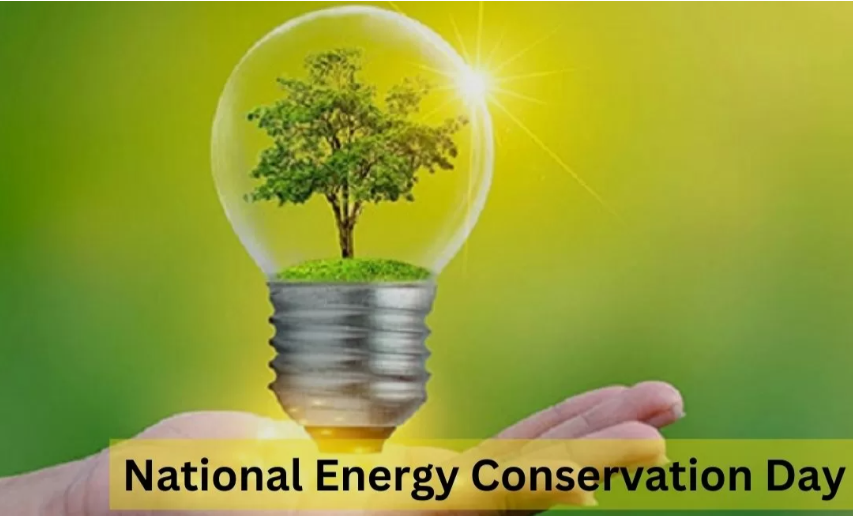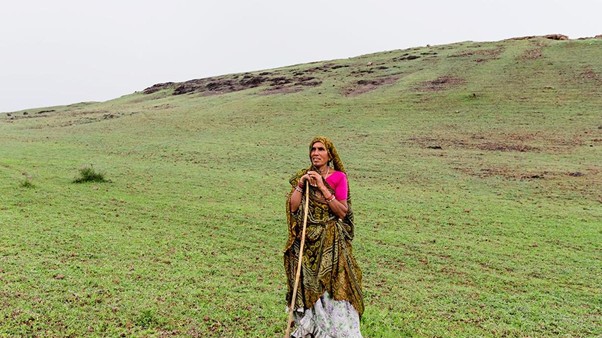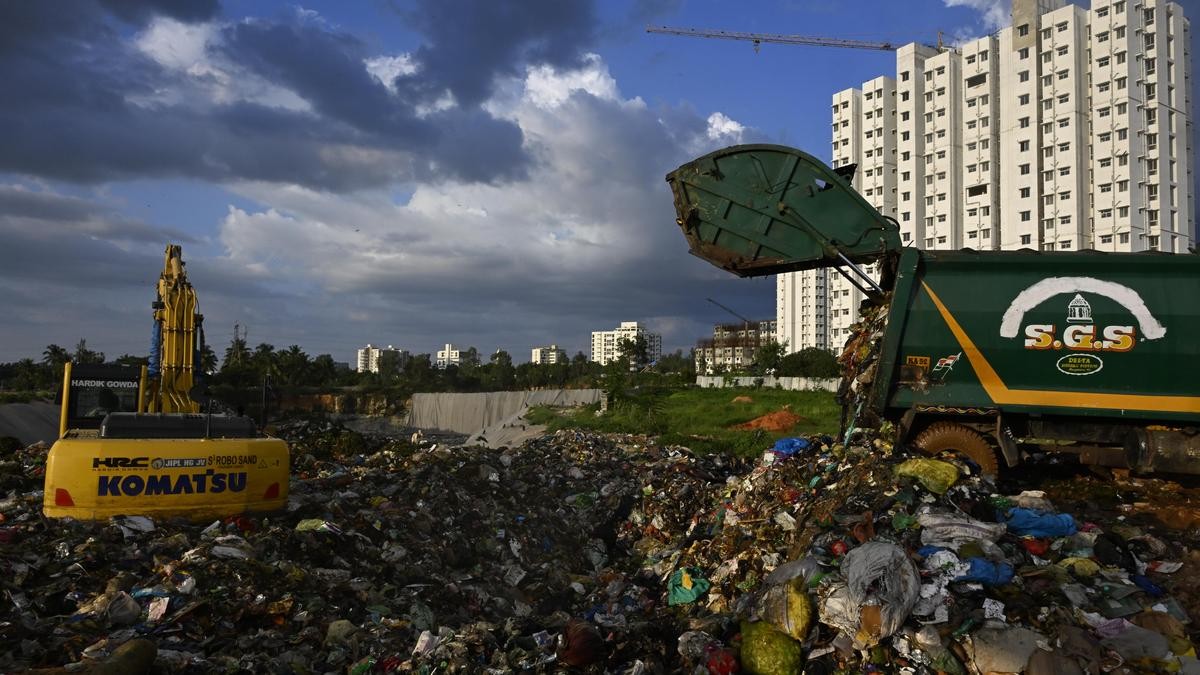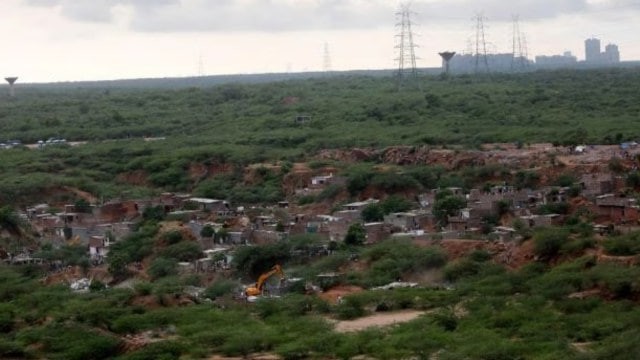Description
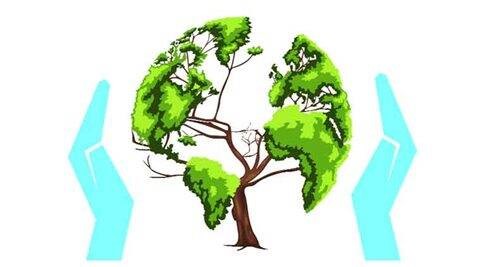
Disclaimer: Copyright infringement not intended.
Context: A report that originates in the Synthesis Report of the Intergovernmental Panel on Climate Change (IPCC) states that not degrading existing ecosystems in the first place will do more to lower the impact of the climate crisis than restoring ecosystems that have been destroyed.
Details:
Afforestation-a contested policy:
- India has committed to adding “an additional (cumulative) carbon sink of 2.5-3 GtCO2e through additional forest and tree cover by 2030”.
- Afforestation is also codified in the Compensatory Afforestation Fund Management and Planning Authority (CAMPA), a body chaired by the Environment Minister.
- When forest land is diverted to non-forest use, such as building a dam or a mine, that land can longer provide its historical ecosystem services nor host biodiversity.

Criticism of CAMPA:
- The money paid sits in a fund overseen by the CAMPA. As of 2019, the fund had ₹47,000 crore.
- The CAMPA has come under fire for facilitating the destruction of natural ecosystems in exchange for forests to be set up in faraway places.
- Research has found that nature ecosystems sequester more carbon.

Way Forward:
- Within the climate action ecosystem, climate action, such as technologies to combat climate change, renewable energy farms, etc., should not come at the cost of natural ecosystems.
- The sole option with more mitigating potential than “reducing conversion of natural ecosystems” was solar power and that the third-highest was wind.
- Critics say that many solar parks in India have triggered conflicts with people living nearby because they limit land-use and increase local water consumption.
- Wind farms in the Western Ghats have reduced the “abundance and activity of predatory birds, which consequently increased the density of lizards”.
- It should be noted that “reducing conversion of natural ecosystems” could be more expensive than wind power, yet still less expensive than “ecosystem restoration, afforestation, and restoration”, for every GtCO2e.
MUST READ: https://www.iasgyan.in/daily-current-affairs/compensatory-afforestation-in-india
|
PRACTICE QUESTION
Q) “Reducing conversion of natural ecosystems” could be more expensive than wind power, yet still less expensive than “ecosystem restoration, afforestation, and restoration”. Comment. (150 words)
|

https://epaper.thehindu.com/ccidist-ws/th/th_delhi/issues/29780/OPS/GKHB1BBDE.1+GN3B1BTE6.1.html









